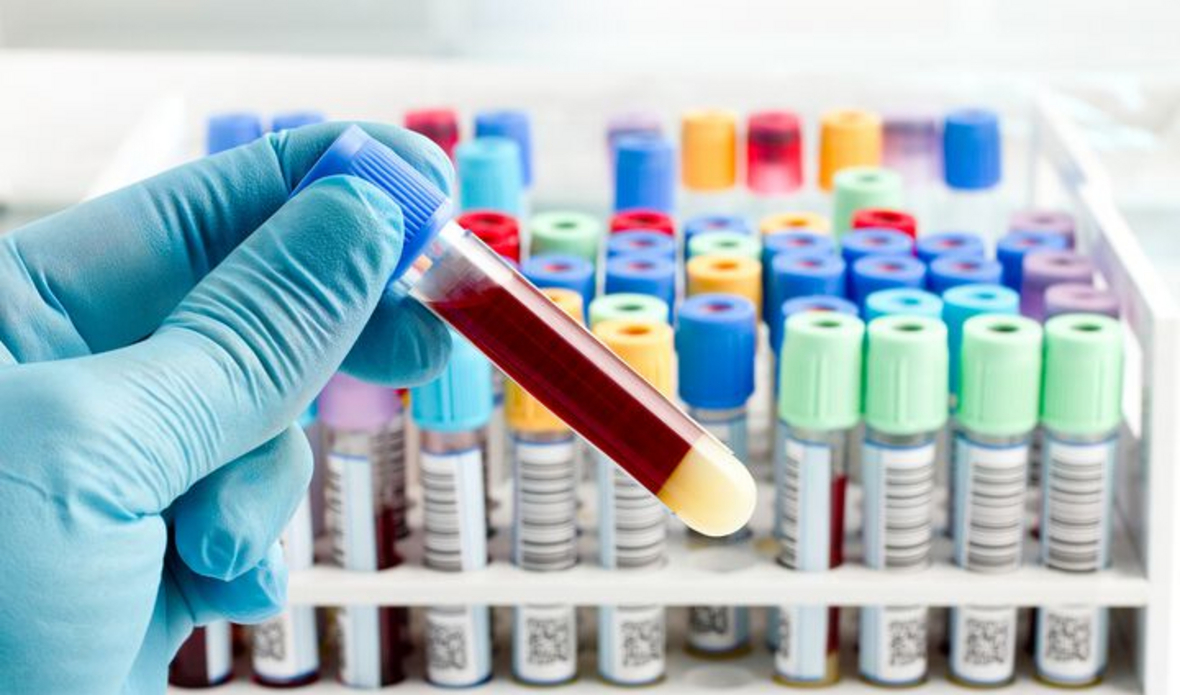Prognostic Test Identifies High Risk and Low Risk Smoldering Multiple Myeloma Patients
Posted on 08 Mar 2022
A prognostic test for segregating high risk and low risk smoldering multiple myeloma (SMM) patients could be soon become commercially available for clinical use. SMM is a biologic precursor to multiple myeloma, a deadly cancer that forms in plasma cells, a type of white blood cell. Typically, SMM is asymptomatic, but approximately 15% of SMM patients transition to active multiple myeloma, which involves marked pain, the risk of bone fractures, and other debilitating symptoms. Identifying high risk SMM patients, who will ultimately transition to active multiple myeloma is a critical unmet need in the management of multiple myeloma.
Telo Genomics Corp.’s (Toronto, ON, Canada) TeloView test for SMM has the potential to identify high risk SMM patients who will benefit from earlier treatment intervention, and of equal importance, the test has the potential to predict the subset of low risk patients who have a more stable form of the disease and do not require treatment. Low risk SMM patients may be repeatedly tested up to every three months to monitor their status without the need for intervention.

The development of the company's TeloView test for SMM has the potential to resolve this critical unmet need in the management of multiple myeloma. Currently, a number of clinical trials are focused on treating high risk SMM patients. However, the progress of these trials is constrained by the lack of an effective tool to identify and segregate high risk SMM patients and low risk SMM patients. Furthermore, the treatment cost of a full stage active multiple myeloma patient can exceed USD 100,000 per year. Treating the 80% of the SMM patients who are in the stable, low-risk category, would create unnecessary cost to healthcare systems.
TELO has received clinical samples from its collaborator, Mayo Clinic, to conduct the clinical validation of its TeloView test for SMM. In 2021, TELO had completed the feasibility stage of its ongoing clinical studies in collaboration with Mayo Clinic. The completion of the feasibility stage has allowed the company to advance to the clinical validation stage, an important step in the process to make its TeloView test for SMM commercially available for clinical use.
"We are gratified to have reached the clinical validation stage of our TeloView test for SMM and to continue our collaboration with Mayo Clinic," said Sherif Louis, TELO's CEO. "This set of patient samples will allow TELO to complete this crucial stage of test development to help meet a critical clinical unmet need."
Related Links:
Telo Genomics Corp.














